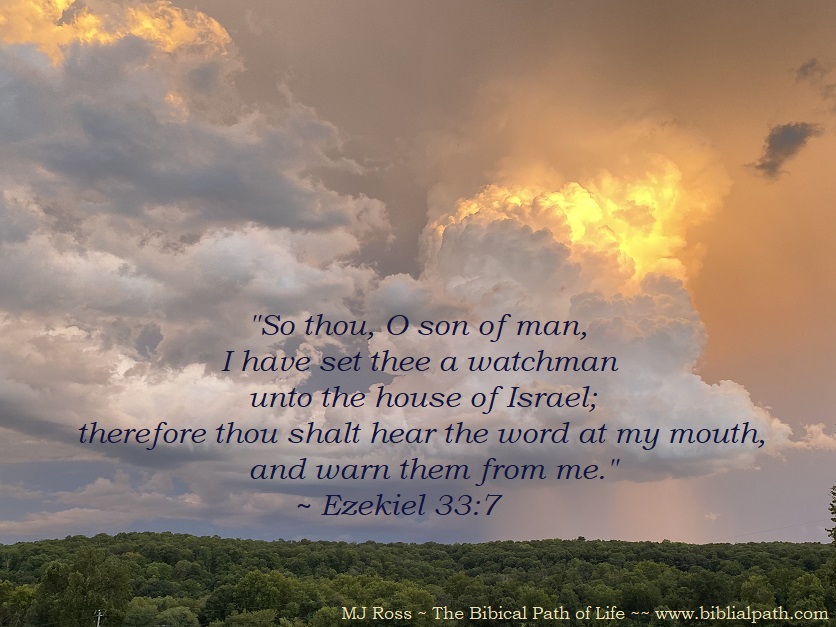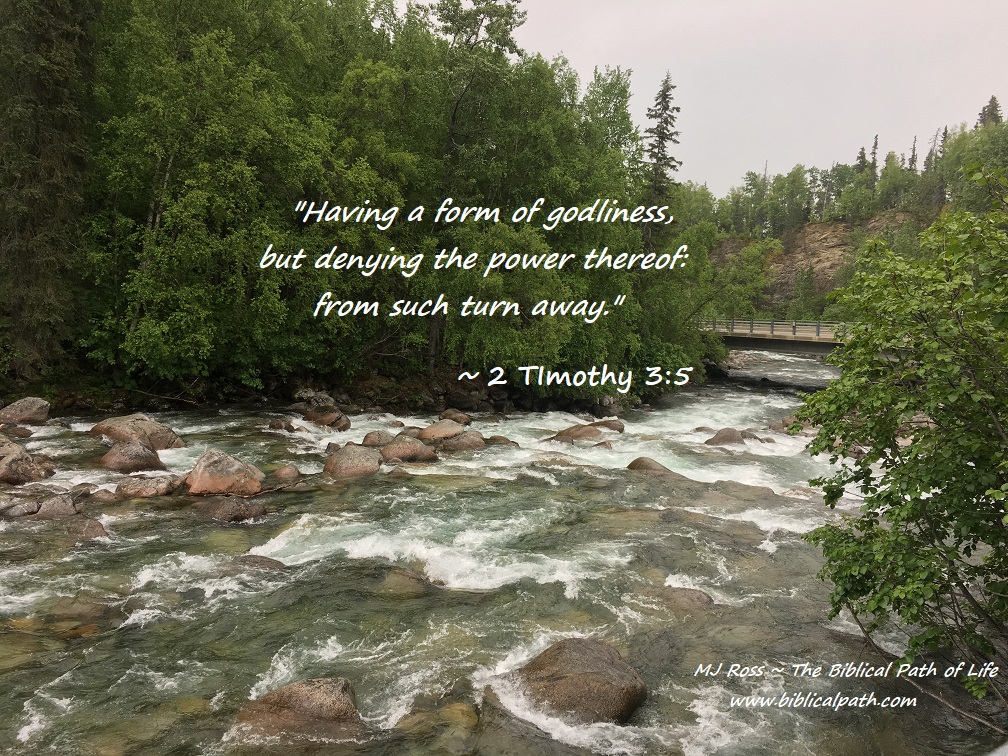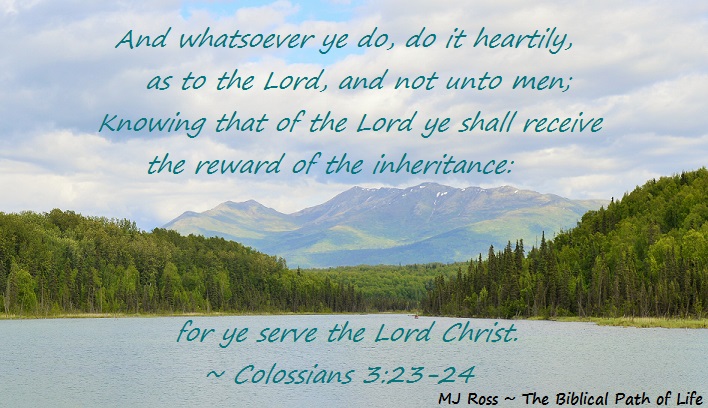
“And let us not be weary in well doing: for in due season we shall reap, if we faint not.”
Galatians 6:9
God stirred the heart of Cyrus to send His people home (to Jerusalem) to rebuild the house of the Lord. The first group to return to Jerusalem was led by Zerubbabel, a descendant of David.
Once they reached Jerusalem, Zerubbabel remained a leader, and Joshua was the high priest. These two men led the people to rebuild the altar of the Lord. They then began to rebuild the Temple. However, when they completed the foundation, the troubles began.
Do you remember what happens when God’s people begin to serve God? The adversaries make themselves known. “1. Now when the adversaries of Judah and Benjamin heard that the children of the captivity builded the temple unto the LORD God of Israel; 2. Then they came to Zerubbabel, and to the chief of the fathers, and said unto them, Let us build with you: for we seek your God, as ye do…” (Ezra 4:1-2). Adversaries means “one who troubles; an opponent; or an enemy.” Once the work of God had begun, the adversaries made themselves known. However, Zerubbabel recognized that they were not for God so he would not allow them to help. Although they declared they wanted to “help”, they were not trying to help the work of God. They were trying to stop it. This was not a one-time trouble. They caused difficulties for years and years, stopping the building of the Temple – which was the ulterior motive (see Ezra 4:3-5). The adversaries’ purpose had been accomplished, and the building had been stopped (see Ezra 4:23-24).
When the adversaries came and the building stopped, God sent His prophet, Haggai, to encourage the people to build the house of the Lord. First, he scolded them for living in their nice houses while the Temple of the Lord was not completed. He reminded the people to “consider your ways”, and that God was to come first (see Haggai 1:4-8). Haggai then encouraged the leaders to complete the Temple. Once the people began to obey, God encouraged them. “I am with you, saith the LORD” (Haggai 1:13b).
After the people decided to obey God, and God encouraged them that He would be with them, recognize what else God did for His people. “And the LORD stirred up the spirit of Zerubbabel the son of Shealtiel, governor of Judah, and the spirit of Joshua the son of Josedech, the high priest, and the spirit of all the remnant of the people; and they came and did work in the house of the LORD of hosts, their God” (Haggai 1:14). God did not leave His people alone. He stirred up the spirit of Zerubbabel and Joshua to lead the people. He even stirred the spirit of all the remnant. God understood that His people needed to have physical leaders that they could see, hear, and with whom they could communicate.
God gave them the encouragement they needed. “Yet now be strong, O Zerubbabel, saith the LORD; and be strong, O Joshua, son of Josedech, the high priest; and be strong, all ye people of the land, saith the LORD, and work: for I am with you, saith the LORD of hosts” (Haggai 2:4). Three times God said to be strong. This is the same encouragement God gave to Joshua when he was preparing to lead the people into the promised land years earlier. The secret of Joshua’s successes was his faith in the Word of God (see Joshua 1:7-9), its’ commandments, and its’ promises. God’s Word to Joshua was “Be strong!”. This is the same message for His people today! See the following:
- “Watch ye, stand fast in the faith, quit you like men, be strong” (1 Corinthians 16:13).
- “Finally, my brethren, be strong in the Lord, and in the power of his might” (Ephesians 6:10).
- “Thou therefore, my son, be strong in the grace that is in Christ Jesus” (2 Timothy 2:1).
God had specific words for the leaders. When the leaders acted upon those words, the people followed and the work began again. Zerubbabel, Joshua, the high priest, and the remnant of the people stepped up and began working on the Temple again – and God kept the enemy from stopping them.
Just as the adversaries stopped the building of the Temple, even today, Christians have an adversary who is set about to stop the work of the Lord in this world. “Be sober, be vigilant; because your adversary the devil, as a roaring lion, walketh about, seeking whom he may devour” (1 Peter 5:8).
Knowing Satan wants to defeat (and destroy) Christians, how can we survive his attacks? “Submit yourselves therefore to God. Resist the devil, and he will flee from you” (James 4:7). When we submit to God and His will in our lives, we can defeat Satan.
“And let us not be weary in well doing: for in due season we shall reap, if we faint not” (Galatians 6:9). We are to never quit serving God as the Israelites did when the adversary opposed them. We must not only recognize who the adversaries are that try to stop God’s work, but we must continue with what God has for us to do. God will also encourage us through His Word (the Bible) just as he encouraged the Israelites through His prophet, Haggai.
Have you chosen to ignore your adversary, be encouraged through God’s Word, and complete the work God has for you?









